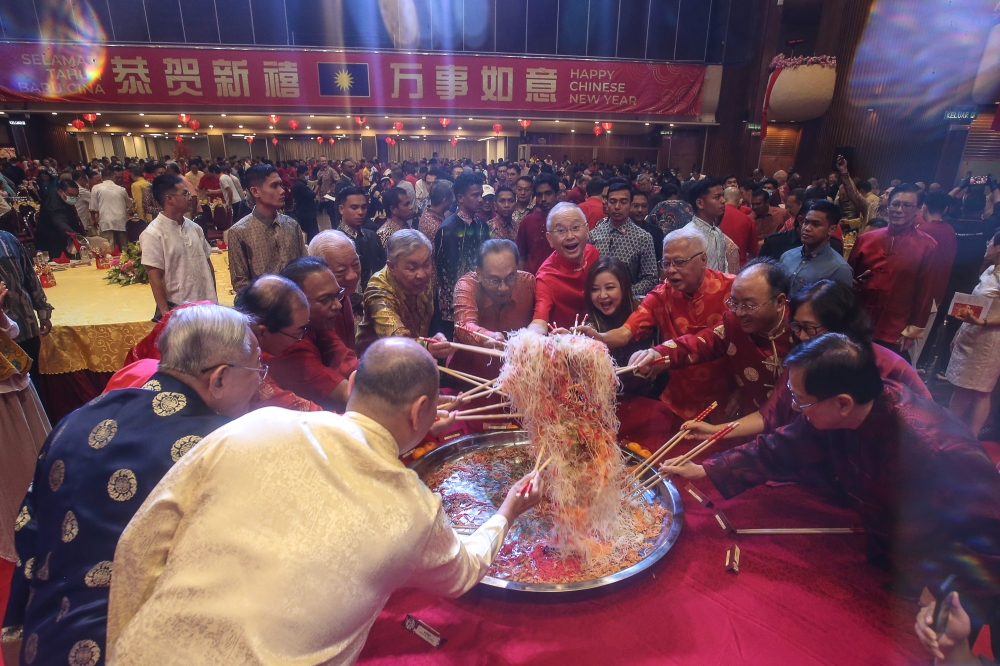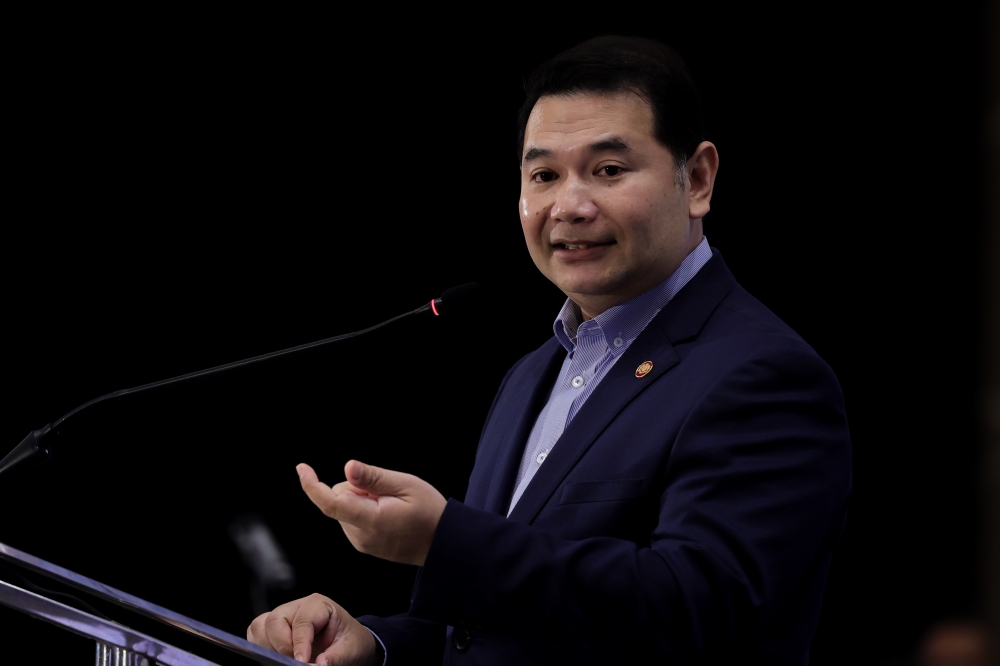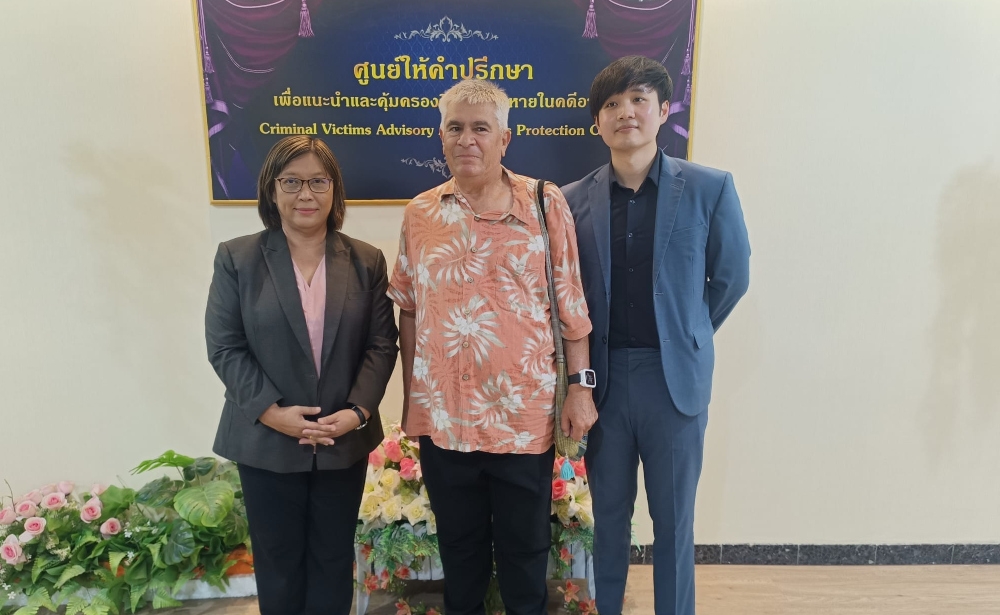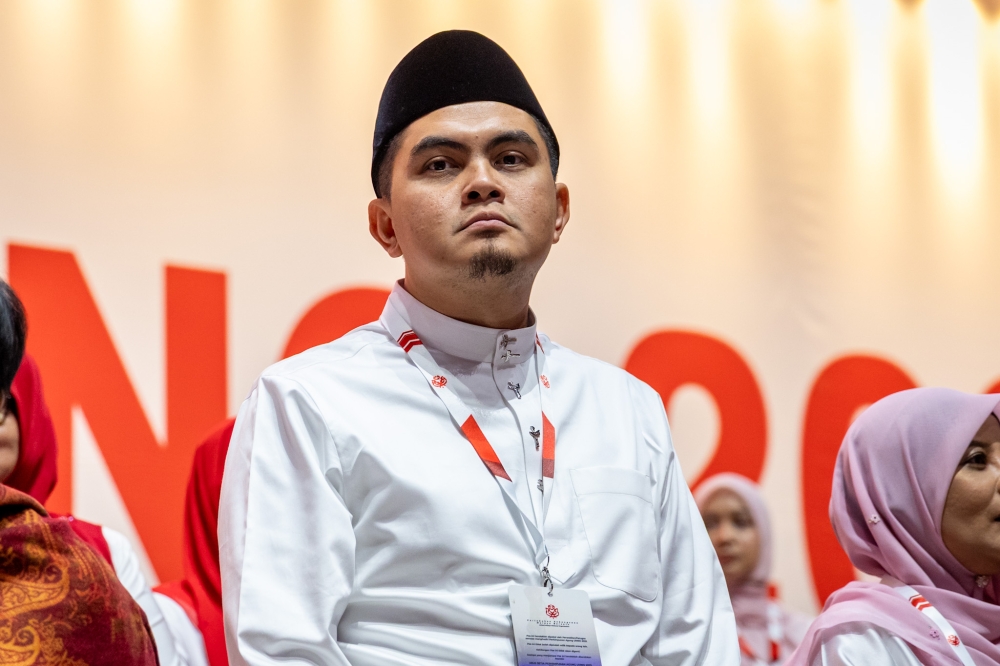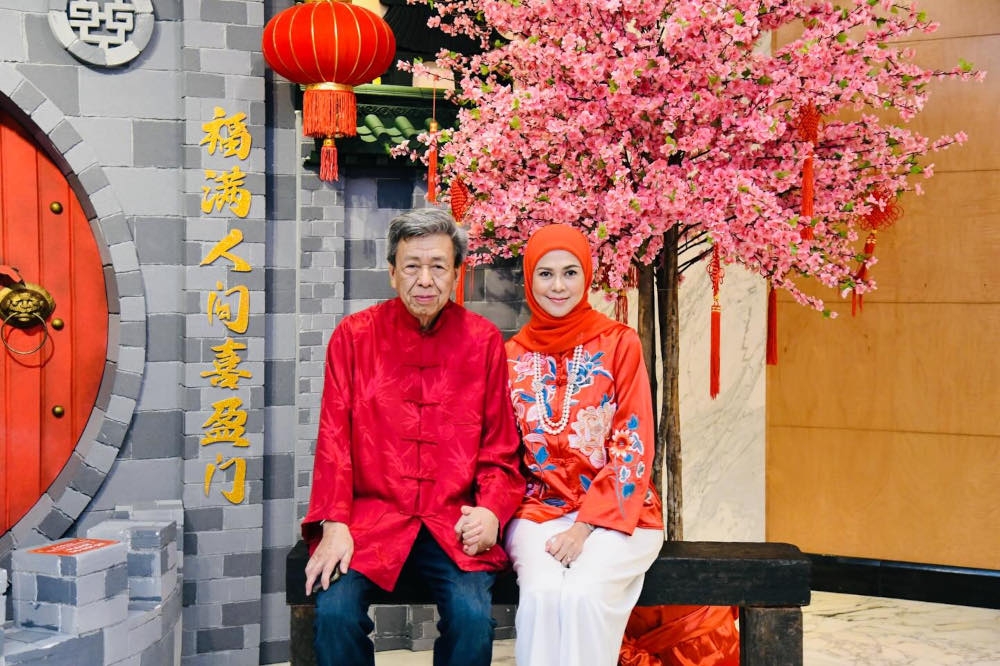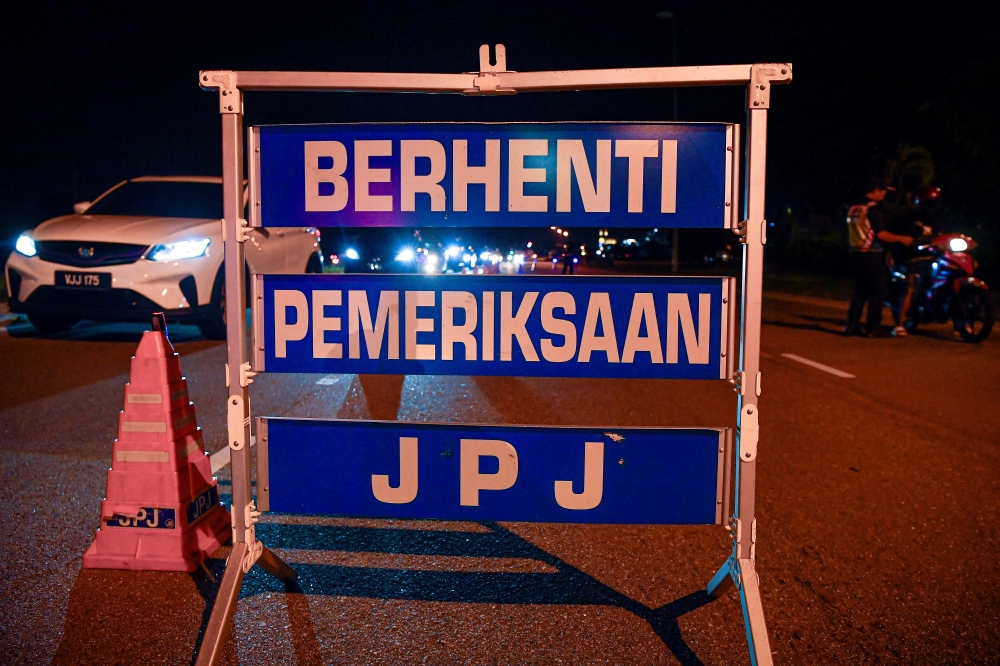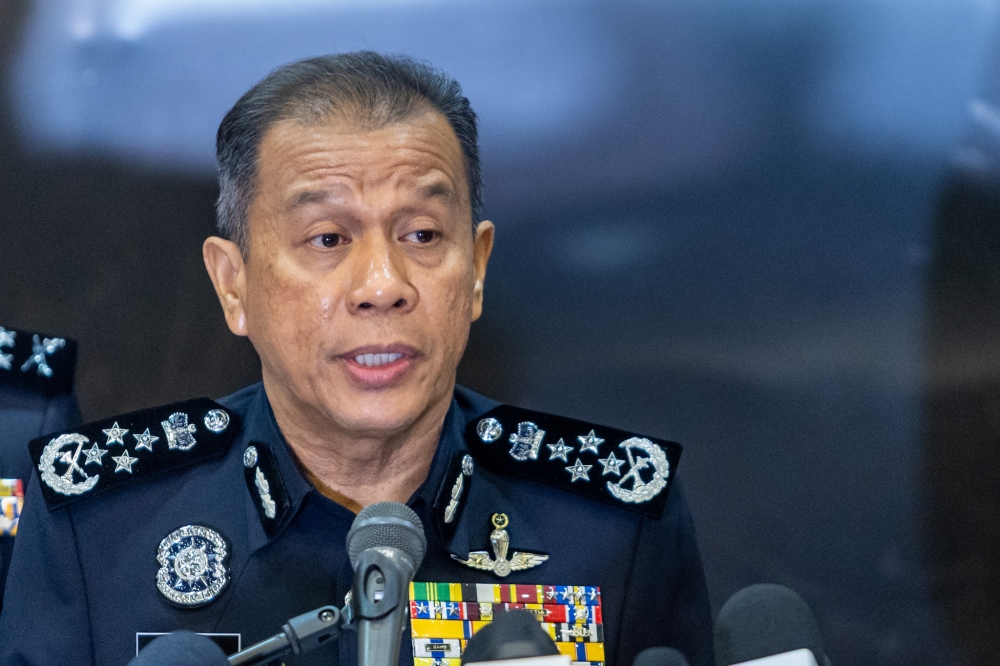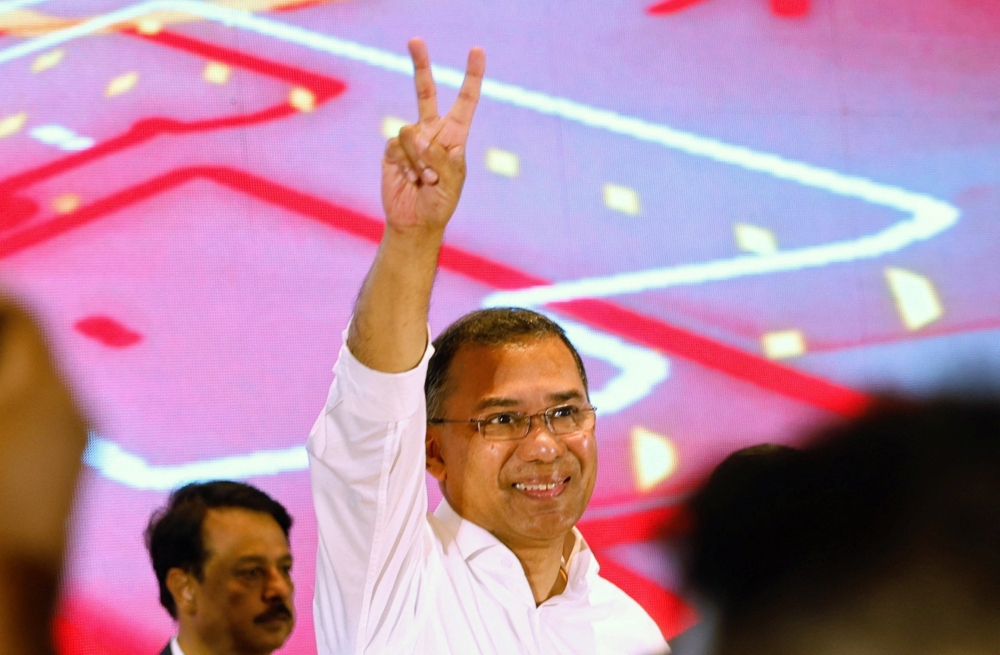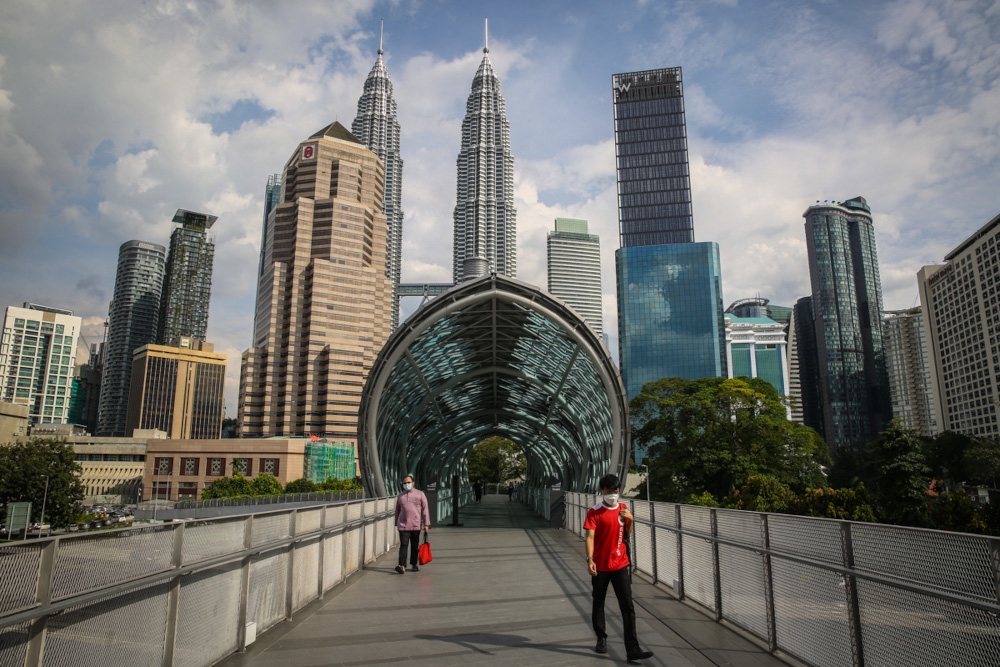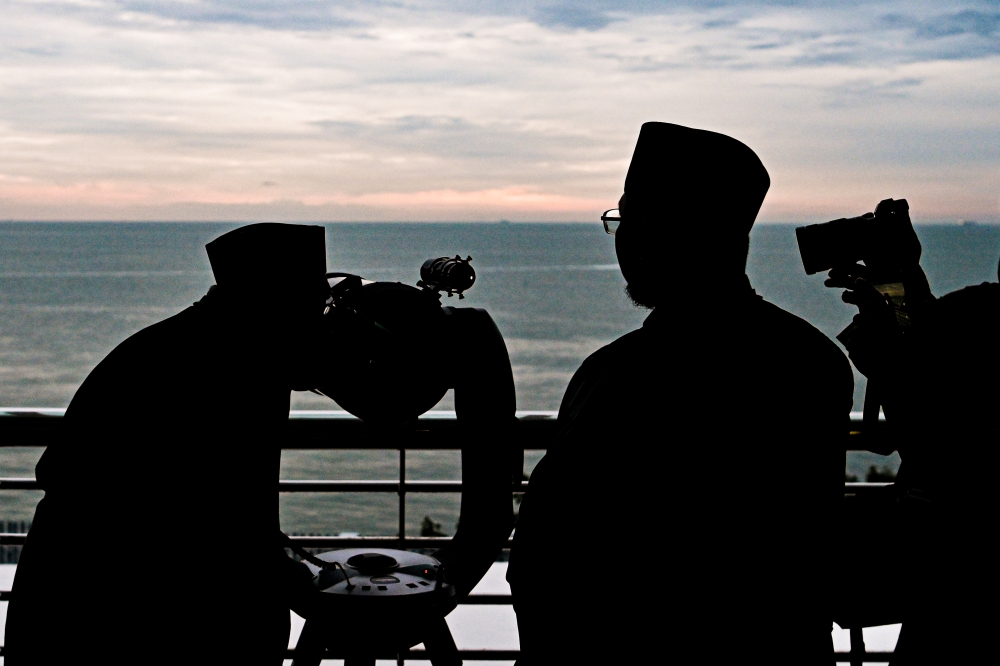JULY 25 — Last week, reigning five-time World Chess Champion Magnus Carlsen of Norway announced that he won’t be defending his title.
Carlsen had already hinted at this possibility last year after his fifth world title win against Russian grandmaster (GM) Ian Nepomniachtchi in Dubai, saying that unless Iranian-French chess prodigy Alireza Firouzja won the Candidates Tournament 2022 (the tournament which decides who plays the world champion) he won’t be interested.
As it so happened, Nepomniachtchi won the Candidates 2022 in Madrid, which concluded earlier this month, earning a rematch against Carlsen. This rematch, however, is unlikely to occur given Carlsen’s decision last week.
Interestingly enough, Carlsen’s decision to give up his world championship title isn’t unique.
American chess champion Bobby Fischer also gave up his title in 1975 instead of defending it against Anatoly Karpov who, ironically, also gave up his FIDE world championship title in 1999 because he didn’t approve of the knockout format.
It feels like an anti-climax to discover that the main reason Carlsen is turning away from a defense of his title is, uh, motivation. That’s it. The world champion simply can’t muster up the enthusiasm to keep his #1 spot.
In a sense, many people can be forgiven for feeling shell-shocked at Carlsen’s decision. We can barely imagine France being unmotivated to defend World Football Champions title in Qatar, or Djokovic pulling out of Wimbledon next year because, oh, he just doesn’t feel like it.
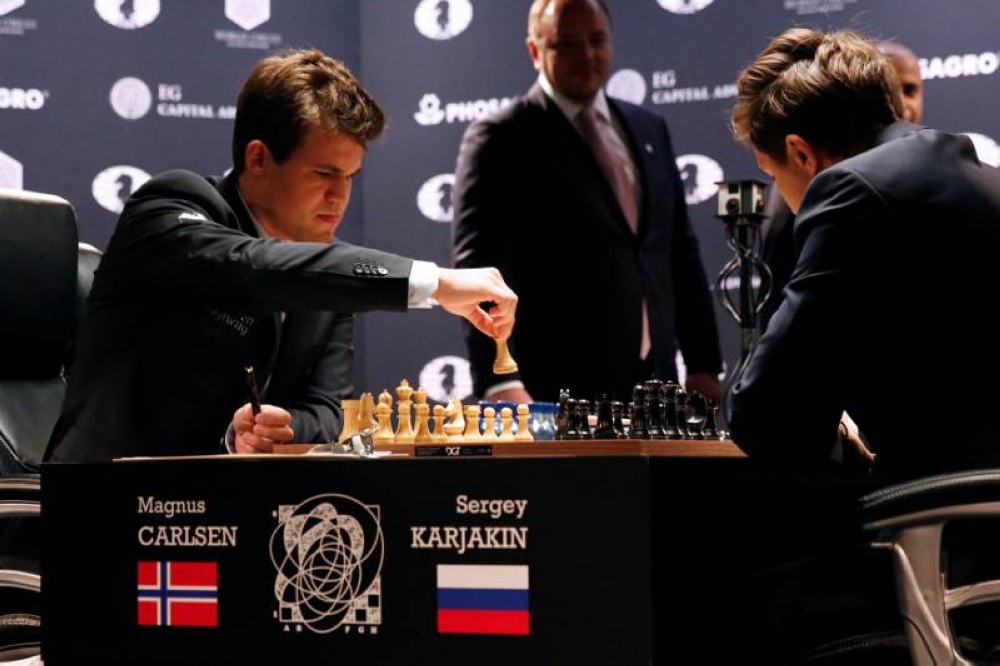
Then again, when we look at what’s normally involved in a world chess championship match, perhaps Carlsen’s choice can be (sort of) understood.
Such a tournament usually involves no fewer than 14 matches with probably 10 times that number of hours in preparation prior to the showdown.
Needless to say, after every match the contestants and their coaches and assistants have to spend many more hours poring over the just concluded game, hunting for clues to their opponent’s weaknesses and/or how to break down his defenses or spoil his special attacks.
As someone who’s played a few amateur tournaments in the Klang Valley over the past 20 years, I can attest to the mental exhaustion from just those few (very!) low-quality games.
Now imagine enduring more than a dozen matches at the highest level of competition with barely any rest, with the press bearing down on you after every game, and the whole world staring at you.
Throw in the fact that 99.99 per cent of top chess players are likely to be mega-introverts and you can easily imagine why Carlsen isn’t exactly thrilled to be going through the whole process one more time, especially when he’s already won it five times (twice against Indian GM Vishy Anand, once against Russian GM Sergei Karjakin — who was banned from this year’s Candidates because of his outspoken support for Putin’s war in Ukraine — once against American GM Fabiano Caruana and last year against “Nepo”).
When winning doesn’t feel that great any more — and, in fact, may feel like a job — but losing could bring a serious loss of face, perhaps the real question is why Carlsen even wanted to do it the previous five times.
I mean, even Matt Damon gave up on Jason Bourne after four installments, both JD Salinger and Thomas Harris wrote barely half a dozen novels and, I suppose, even the Walking Dead’s gotta stop walking eventually.
Maybe Carlsen’s decision highlights how there really can be too much of a good thing; it just takes a while and quite a bit to finally realise it?
* This is the personal opinion of the columnist.

